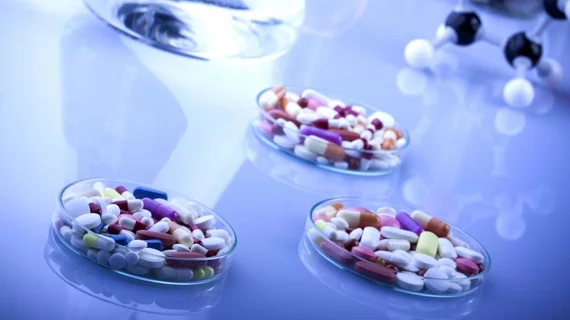FDA drug approvals are up 11%
The FDA accepted 137 new drug approvals (NDAs) and biologics license applications (BLAs) in 2018, up 11% from 2017 and 36% from 2012 to 2017, according to a new report.
In 2017, the FDA approved 122 drugs, compared to 101 over the previous five-year period.
The data comes from GlobalData's pharmaceutical contract manufacturing organization (CMO) industry report, “PharmSource–CMO Scorecard: Outsourcing of NDA Approvals and CMO Performance–2019 Edition.”
According to GlobalData, 12% of all NDAs, or 17 in 2018, were given to mega cap biopharma companies, about the same amount over the last decade. In addition, the level of outsourcing of the manufacturing of these drugs has remained largely stable, 52% in 2018. The level of outsourced injectables in 2018 increased to 44%. In 2015, 57 NDAs were produced by contractors––51% of new molecular entities (NMEs) were outsourced compared to 33% of non-NME NDAs.
“Small and mid-cap companies markedly increased their outsourcing of the manufacture of NMEs to CMOs in 2018 compared with the 2013–2017 average,” Adam Bradbury, associate healthcare analyst at GlobalData, said in the report.
“Although the outsourcing of NME active pharmaceutical ingredient (API) manufacture is highly dependent on the nature of the drug, in general, the outsourcing of small molecule API has remained fairly stable over the last decade, whereas during the same time outsourcing levels have decreased for biologic APIs.”

